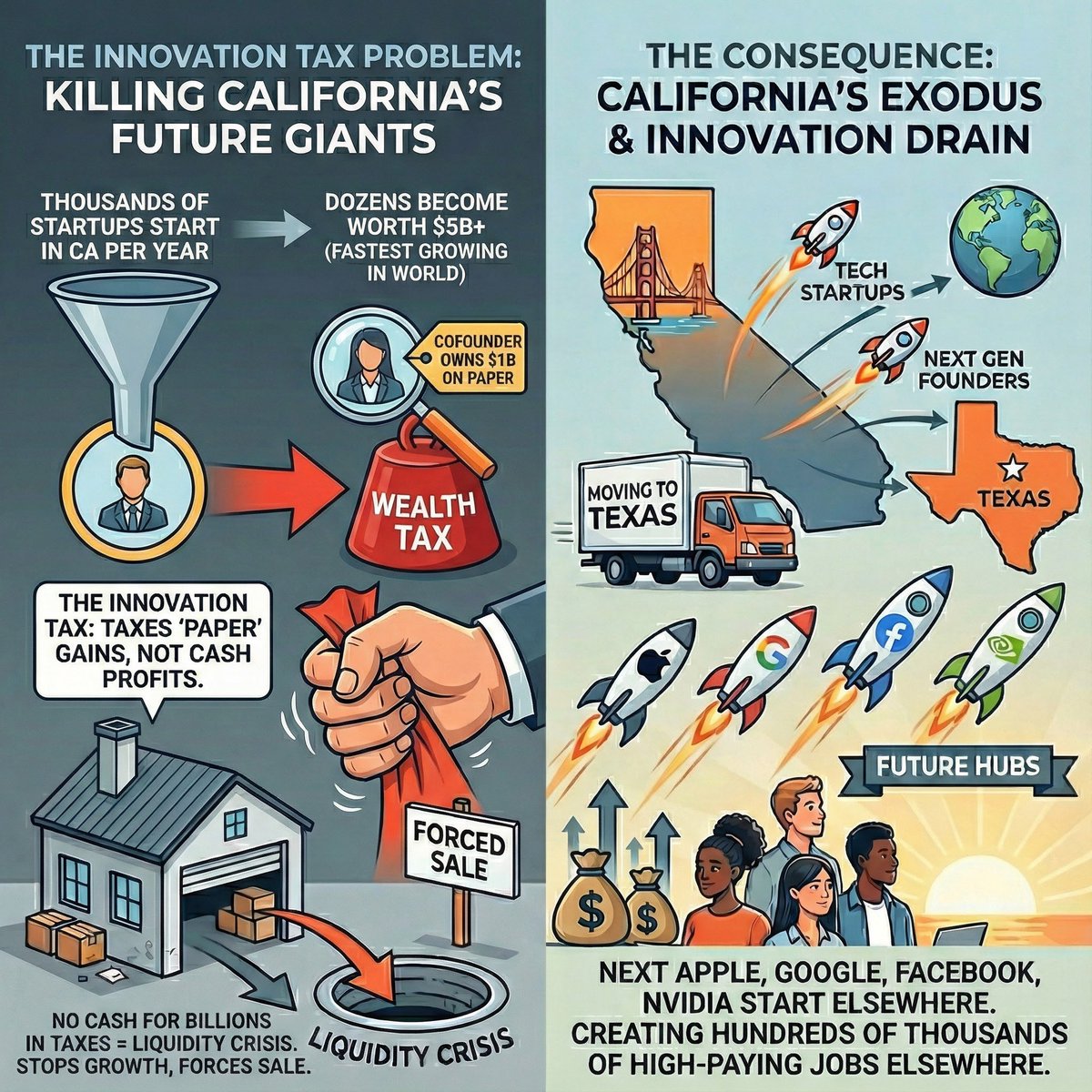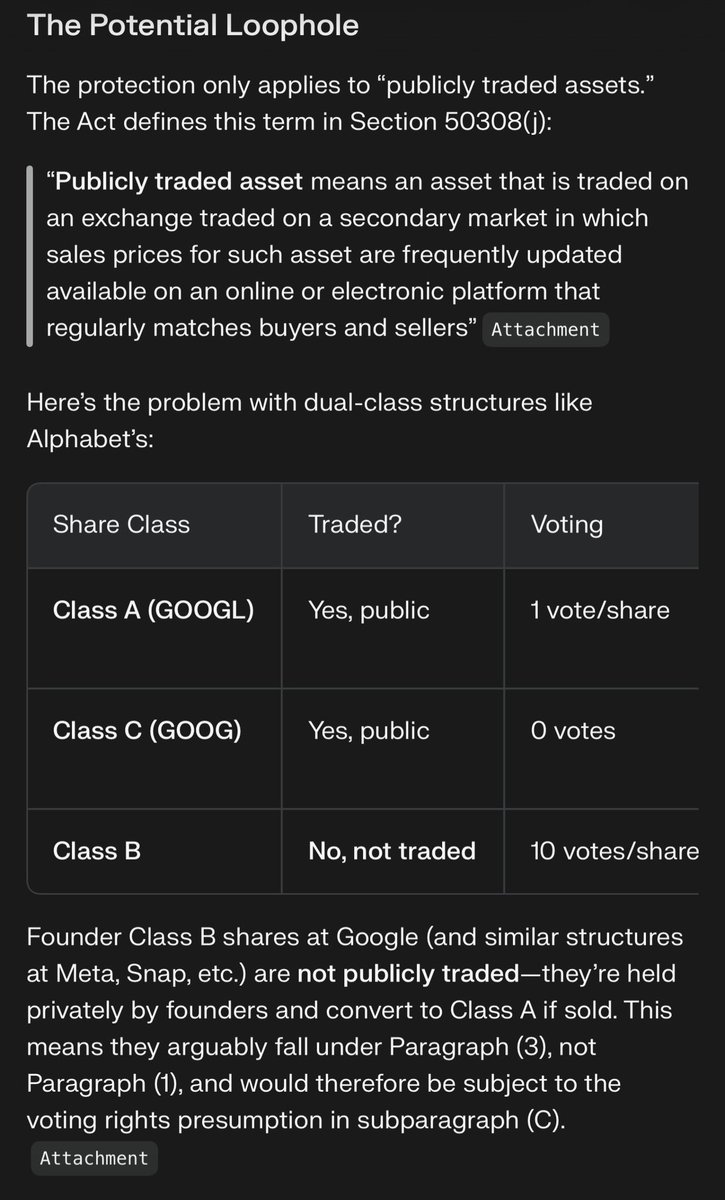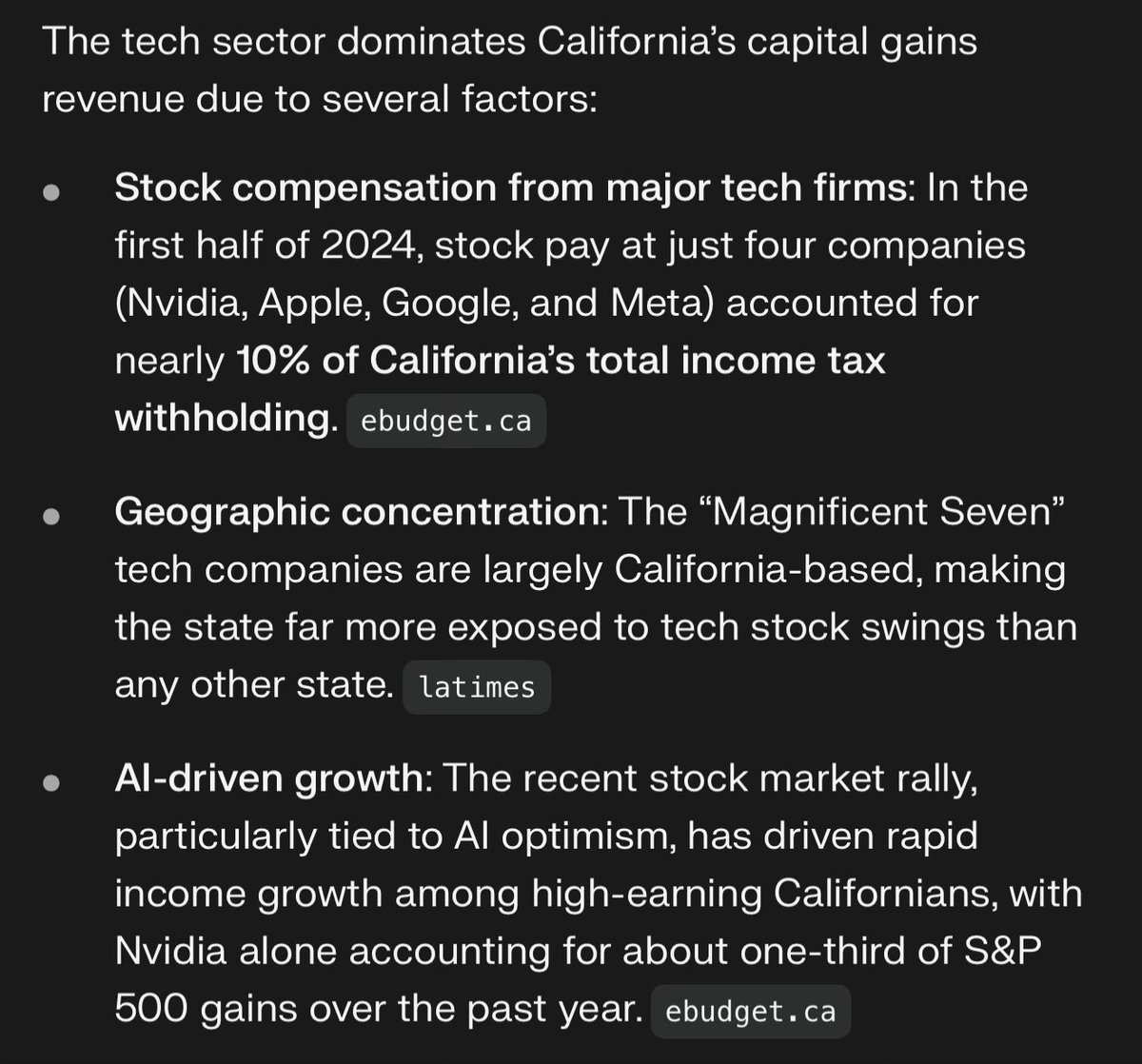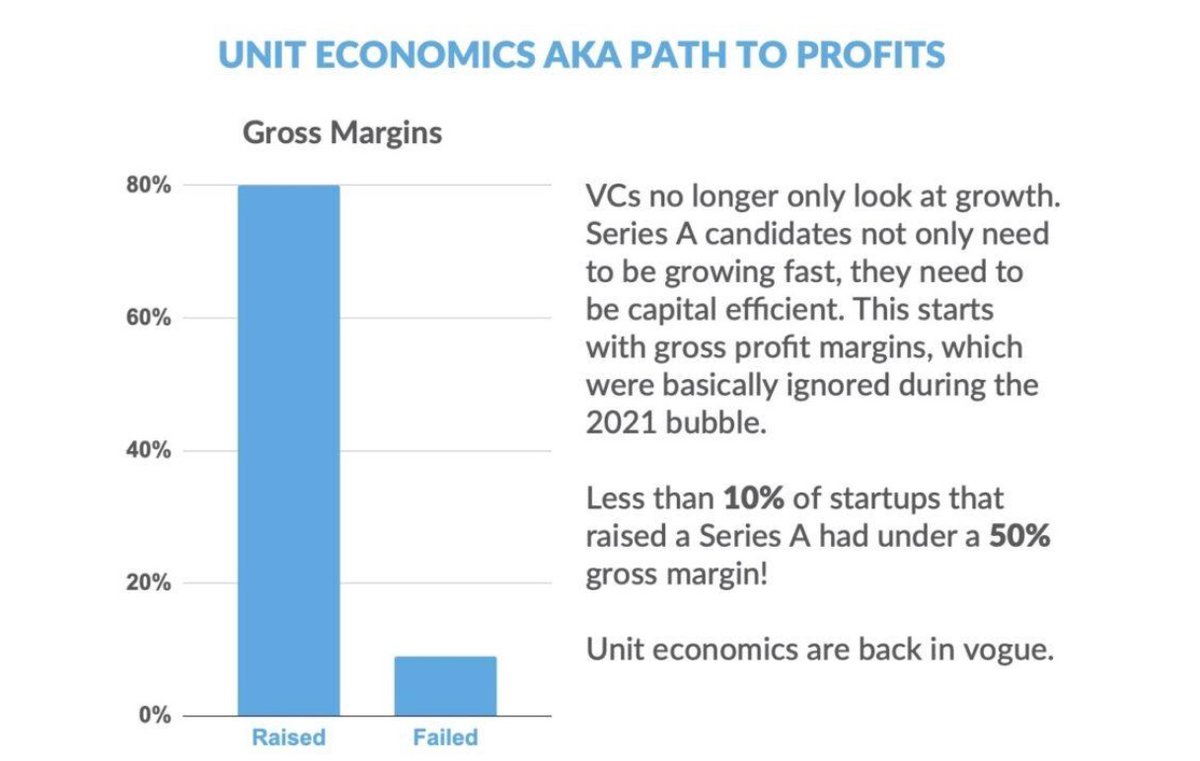Some people would argue venture investing is like alchemy, and value investing is like gold mining.
One is ethereal magic, and another is as real as could be.
One is ethereal magic, and another is as real as could be.
Yet startups are businesses like any other.
The mechanics of finding opportunities are the same: moving dirt, rock, rubble to find gold.
The difference is that we are mining in places where they didn’t think to mine— new islands and continents recently discovered.
The mechanics of finding opportunities are the same: moving dirt, rock, rubble to find gold.
The difference is that we are mining in places where they didn’t think to mine— new islands and continents recently discovered.
We’re also trying to find and fund them when it’s one or two people with a shovel in a field, and the first nugget hasn’t been dug out of the ground yet.
It looks like alchemy, but it’s still gold mining. That’s why value and venture investing aren’t that different after all.
It looks like alchemy, but it’s still gold mining. That’s why value and venture investing aren’t that different after all.
A few years ago my @initialized partners and I went to visit the Berkshire Hathaway Annual Shareholders Meeting and these are a few thoughts from that trip. — medium.com/initialized-ca…
• • •
Missing some Tweet in this thread? You can try to
force a refresh

















